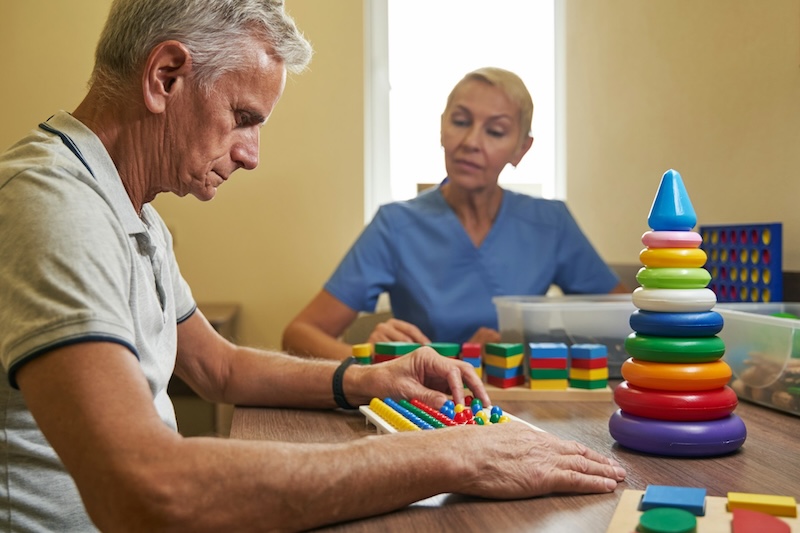Cristina Pina, Brunel University of London and Victor Hernandez-Hernandez, Brunel University of London Right now, approximately 20 billion red blood...
Vous n'êtes pas connecté
 - POPDIARIES.COM - A La Une - 09/09/2024 04:34
- POPDIARIES.COM - A La Une - 09/09/2024 04:34
DID YOU KNOW? Humans Lose Approximately 600,000 Skin Cells Every Hour
The human skin, the body's largest organ, is continuously in a state of renewal and regeneration. Remarkably, every hour, humans shed approximately 600,000 skin cells. This process is a natural and essential part of maintaining healthy skin and involves several fascinating biological mechanisms. The skin is composed of multiple layers, with the outermost being the epidermis. This layer serves as a protective barrier against environmental hazards, pathogens, and physical damage. The epidermis itself consists of several sub-layers, including the stratum corneum, which is the outermost layer where the dead skin cells reside. These cells are essentially remnants of older, now-dead cells that have migrated up from deeper layers of the skin. Skin cell turnover is a continuous process, driven by the need to replace dead and damaged cells to maintain the integrity and function of the skin. New cells are generated in the lower layers of the epidermis, particularly in the basal layer, where they gradually move upwards towards the surface. As they migrate, they undergo a process called keratinization, where they become filled with the protein keratin. Keratinization makes the cells more resilient but also leads to their eventual death as they reach the surface. Once these cells reach the top of the epidermis, they become part of the stratum corneum and eventually shed off. This shedding process is not only a means of removing old and potentially damaged cells but also helps to eliminate any microorganisms or debris that might have accumulated on the skin’s surface. The regular shedding of these cells is crucial for preventing clogged pores and maintaining clear, healthy skin. The rate of skin cell turnover can vary depending on several factors, including age, health, and environmental conditions. For instance, younger individuals tend to have a more rapid turnover rate, while older adults may experience a slower process. Additionally, skin conditions such as eczema or psoriasis can influence the shedding rate, sometimes causing it to accelerate or become irregular. The continuous loss of skin cells also underscores the importance of good skincare practices. Keeping the skin hydrated and properly moisturized can support its natural functions and help manage the effects of cell turnover. Regular exfoliation, though, should be approached with care to avoid over-stimulating the shedding process or causing irritation. In summary, the hourly shedding of approximately 600,000 skin cells is a testament to the dynamic and self-renewing nature of human skin. This constant cycle of regeneration not only protects and maintains the skin's health but also highlights the remarkable efficiency of our body's natural processes. READ MORE - Final Medal Tally for India at the Paris 2024 Paralympics
Articles similaires
Sickle cell disease is a genetic disorder that causes lifelong suffering – here’s what you ...
Cristina Pina, Brunel University of London and Victor Hernandez-Hernandez, Brunel University of London Right now, approximately 20 billion red blood...
Sleep helps stitch memories into cognitive maps, according to new neuroscience breakthrough
A new study by neuroscientists at the Massachusetts Institute of Technology sheds light on how the brain creates internal maps of space. Their...
Sleep helps stitch memories into cognitive maps, according to new neuroscience breakthrough
A new study by neuroscientists at the Massachusetts Institute of Technology sheds light on how the brain creates internal maps of space. Their...
Our coral clocks
The sun, moon and stars have provided us with the means to mark seasons, a system we call time. Dr Anjani Ganase considers the rhythm of biological...
Our coral clocks
The sun, moon and stars have provided us with the means to mark seasons, a system we call time. Dr Anjani Ganase considers the rhythm of biological...
Warning signs of vascular dementia in men
Vascular dementia is the second most common type of dementia after Alzheimer’s disease. It happens when blood flow to the brain is reduced or...
Is the heart’s ageing reversible? New study says ‘yes’; here are a few lifestyle tips to support heart health
A new study suggests reversing heart ageing is possible. Scientists in Singapore found that the environment around heart cells impacts ageing. The...
DOGE team's major new loss sign of 'declining influence': report
The Department of Government Efficiency, or DOGE, has lost the ability to control the federal processes for awarding grants, a sign of its "declining...
DOGE team's major new loss sign of 'declining influence': report
The Department of Government Efficiency, or DOGE, has lost the ability to control the federal processes for awarding grants, a sign of its "declining...
Latest releases
-
Infinite Uptime Unlocks Production Reliability for Heavy Industries with PlantOS™ at Global Steel Dynamics Forum
Infinite Uptime - 18/06/2025
-
Majra – National CSR Fund Honours Top 20 CSR Projects At Inaugural Sustainable Impact Challenge 2025
National CSR Fund - 05/06/2025
-
Aatmanirbhar Bharat: Raksha Mantri approves Advanced Medium Combat Aircraft Programme Execution Model through industry partnership
Ministry of Defence - 27/05/2025
-
Government Restores RoDTEP Benefits for AA, SEZ, and EOU Exports
Ministry of Commerce and Industry - 27/05/2025
-
Coal Imports During FY 2024-25 Drops by 7.9 % Compared to FY 2023-24
Ministry of Coal - 27/05/2025
-
India Records USD 81.04 Billion FDI Inflow in FY 2024–25
Ministry of Commerce and Industry - 27/05/2025
-
Happiest Health Launches Happiest Physio Clinic in Koramangala, Bengaluru
Happiest Health Systems Private Limited - 26/05/2025
-
Shieldworkz Expands OT Cybersecurity Offerings to Tackle Emerging Threats and Posture Management Needs
Shieldworkz - 23/05/2025
-
Kailash manasarovar yatra to begin in june; computerized draw selects 750 pilgrims
Ministry of external affairs of India - 21/05/2025




